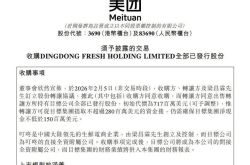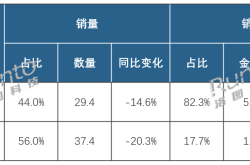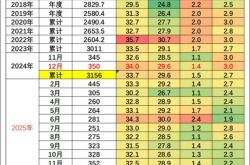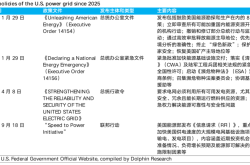The Journey of Intelligent Manufacturing Upgrade: Huawei is the Best "Companion" for Enterprises
![]() 12/09 2024
12/09 2024
![]() 639
639
In the strategic blueprint for national digital transformation and intelligent upgrading, the manufacturing industry plays a crucial role, and digital and intelligent transformation has become the only way for enterprises to achieve high-quality development. As a leading global ICT (Information and Communication Technology) infrastructure provider, Huawei has not only achieved remarkable success in its own digital and intelligent transformation but has also extended its "Huawei Power" to the field of intelligent manufacturing, becoming an enabler for partners' intelligent upgrading and driving the industry towards a new stage of digitalization and intelligence.
Recently, Yang Ping, General Manager of Huawei China's Government and Enterprise Intelligent Manufacturing System Department, shared Huawei's latest insights and practices in the field of intelligent manufacturing. He elaborated on how Huawei stimulates innovation in the manufacturing industry through digital and intelligent transformation. Huawei's three decades of experience in ICT and digital transformation have been transformed into a powerful driving force for external services, enabling it to work hand in hand with manufacturing customers to face the challenges and opportunities of intelligence.
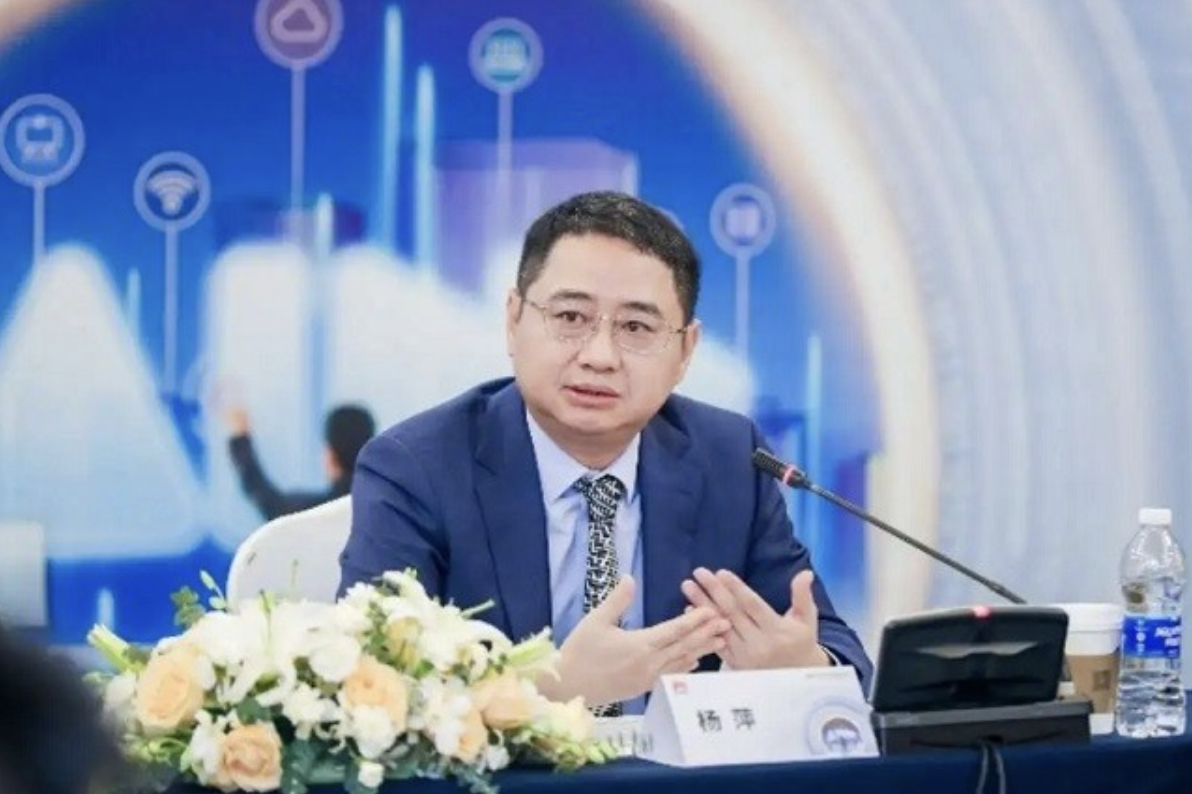
Yang Ping, General Manager of Huawei China's Government and Enterprise Intelligent Manufacturing System Department
Yang Ping's speech provides us with insights into Huawei's role in facilitating the digital and intelligent transformation of the manufacturing industry. Next, let us delve into Huawei's practices and strategic thinking in promoting the digital and intelligent transformation of the manufacturing industry.
Inheritance and Innovation
Huawei's Manufacturing Genes and Digital Transformation
Huawei, a company rooted in and deeply understanding manufacturing, is a manufacturing enterprise with strong R&D attributes. Its business scale is impressive, with operations in over 170 countries and regions globally, serving hundreds of operators and tens of thousands of enterprises annually across various fields such as ICT, cloud computing, digital energy, and terminals.
Managing such a vast and complex business chain would be unimaginable without digital and intelligent management tools.
Since the 1990s, Huawei has been undertaking IT construction and business management reforms, gradually establishing an informatized IT system from IPD R&D process management to ISC supply chain management. In 2014, Huawei officially launched its digital transformation, aiming to achieve business goals while ensuring the company's scale expansion without losing control.
Huawei's digital transformation began with establishing a full-factor connection and real-time feedback system, optimizing business processes and significantly enhancing efficiency through data governance and security system construction.
According to Yang Ping, on the full-factor connection and real-time feedback system, Huawei has achieved full connectivity among over 6 million end-side equipment, over 40 communication protocols, and devices from over 100 manufacturers in the production process, laying a foundation for subsequent production data integration across factories. This system enables Huawei to monitor and analyze production data in real-time globally, providing strong data support for production decisions.
Huawei's digital transformation does not stop at connectivity and data governance but further strengthens the construction of the security system. By establishing host fences, network fences, application fences, and data fences, data security is ensured, and effective defense against attacks and dangers is realized.
The results of this transformation are remarkable, reflected in the doubling of revenue and a limited increase in employee numbers - revenue grew from nearly 400 billion in 2015 to 890 billion in 2020, while the number of employees increased from 179,000 to 197,000, demonstrating the positive effects of digital transformation.
Digital and Intelligent Transformation
AI Empowers Intelligent Manufacturing with "Wisdom"
As the wave of artificial intelligence sweeps the globe, pure digital transformation is no longer sufficient to support the rapid development of enterprises. Recognizing this trend, Huawei comprehensively launched its AI strategy in 2018, integrating intelligence and digital advantages into its development blueprint.
Guided by this strategy, Huawei has comprehensively implemented the "R&D, Production, Supply, Marketing, and Service + AI + Data" model, introducing large-scale model technology into various business areas, reshaping operational models, and upgrading from one T (data platform and data governance) in the digital transformation era to two Ts (adding AI model and platform services, as well as AI governance and security) in the intelligent era. Simultaneously, Huawei upgraded its AI data governance system to ensure high-quality AI data, providing safe and efficient support for model training and application, further consolidating its leading position on the path of intelligent upgrading.
Yang Ping demonstrated Huawei's practical achievements in digital and intelligent transformation through specific practices in R&D, production, and supply chains.
In R&D and design, Huawei has transitioned from traditional programmers manually testing code to automated and intelligent processing. By integrating key technical documents, selected code, and R&D data into the R&D data platform and constructing four major databases - object library, rule library, process library, and model library - Huawei has significantly shortened the software version development cycle through widespread use of AI assistance and fully automated code writing. The development environment has shifted from manual setup to automatic model-based setup, significantly improving efficiency, and product management has transitioned from manual requirement transfer to automatic requirement transfer, avoiding errors.
In production execution, Huawei uses large-scale model technology and data governance to clean and train data required throughout the process, including market order data, R&D code, warehousing and logistics data, and production line equipment data, greatly enhancing factory agility, efficiency, and productivity. For example, Huawei utilizes an order system to automatically check and retrieve material information, enabling AI-powered automatic material picking and dispatch. Every step in the production line undergoes AI quality inspection and analysis, significantly improving quality inspection effectiveness and efficiency. What used to require 80 people on a high-end mobile phone production line now only needs 14, producing one phone every 20 seconds.
In logistics and supply, AI application ensures optimal inventory cost, supply guarantee, and production balance. Huawei has built Lingkun Intelligent Cloud Brain in the supply chain field, aggregating data from suppliers, factories, warehousing logistics, and customer sites. Through large-scale models, it conducts automatic container loading simulations, loading simulations, optimal route simulation risk assessments, and inventory optimization, achieving end-to-end optimization of smart logistics with full-process visibility and controllability.
"Huawei Power" Spillover
Collaborating with Partners to Promote Intelligent Leap in Manufacturing
Huawei's practices in intelligent manufacturing are not limited to its own digital and intelligent transformation but extend "Huawei Power" to a broader manufacturing sector through cooperation with various industries.
Huawei collaborates with industry, academia, and research partners in intelligent manufacturing, as well as over 30 standards/association organizations and 72 "Intelligent Base" universities, serving over 7,500 manufacturing enterprises nationwide across industries such as automobiles, equipment manufacturing, electronics, home appliances, pharmaceuticals, heavy industry, and new energy, jointly advancing the process of intelligent manufacturing.
Globally, the automotive industry has become the world's largest industrial sector, known as the "pearl" of manufacturing. Huawei's profound strength and experience in digital and intelligent manufacturing transformation help automakers connect engineering data flows, business information flows, and production supply flows, allowing data to flow freely in factories and participate in production as needed. This achieves controllable and visible production processes, significantly improves automation rates and equipment intelligent maintenance levels, enhances quality traceability and optimization capabilities, optimizes energy consumption management, and thereby strengthens enterprise competitiveness. The cooperation results with automakers such as Changan, GAC, and FAW are testament to this.
Huawei also extends its digital and intelligent transformation capabilities to various manufacturing segments, such as the burgeoning robotics field. By reshaping the structured R&D process of robotics enterprises through IPD, Huawei helps leading robotics enterprises improve R&D and manufacturing stability, reducing R&D costs.
Biomedicine is also an emerging industry that the country is vigorously developing. In this field, Huawei provides the Pangu Pharmaceutical Molecule Large Model, leveraging AI's powerful scientific computing and simulation capabilities to help pharmaceutical companies achieve remarkable results in drug molecule structure discovery, clinical trials, and genetic trait analysis, significantly shortening the new drug development cycle.
It is worth mentioning that Huawei and its customers have jointly created a large model for the manufacturing industry, facilitating China's manufacturing intelligence upgrade. This model includes a computing power base layer, AI architecture layer, AI framework layer, AI platform layer, AI model layer, and AI application layer, providing a solid foundation for the intelligent upgrade of the manufacturing industry.
It can be said that when enterprises seek partners for digital and intelligent transformation, Huawei is undoubtedly the top choice. Huawei has gone through the entire process of enterprises' transition from informatization to digitization and then to digital intelligence. It not only possesses full-stack technical capabilities and rich solutions but also has profound process experience and methodology. In business scenarios, it deeply understands enterprise needs; in solution implementation, it provides reliable technical support; and in end-to-end applications, it builds innovative synergy with ecological partners. These are Huawei's unique advantages as a "companion".
Yang Ping expressed that Huawei hopes to empower every manufacturing enterprise with digital and intelligent capabilities, facilitating China's transformation from a manufacturing power to a manufacturing powerhouse. Huawei's commitment is firm, adhering to the value proposition of "Delving into Manufacturing and Rooting Intelligent Manufacturing." It will continue to delve into technology, experience, and ecosystem, providing solid support for the digital transformation and intelligent upgrade of the manufacturing industry.
Intelligent manufacturing has great potential, and China's transformation from a manufacturing power to a manufacturing powerhouse is unstoppable. We have reason to believe that in the future chapter of intelligent manufacturing, Huawei will play an indispensable role, continuously contributing "Huawei Wisdom" and "Huawei Power" to the manufacturing industry and embracing a bright future of digital intelligence with global partners.


